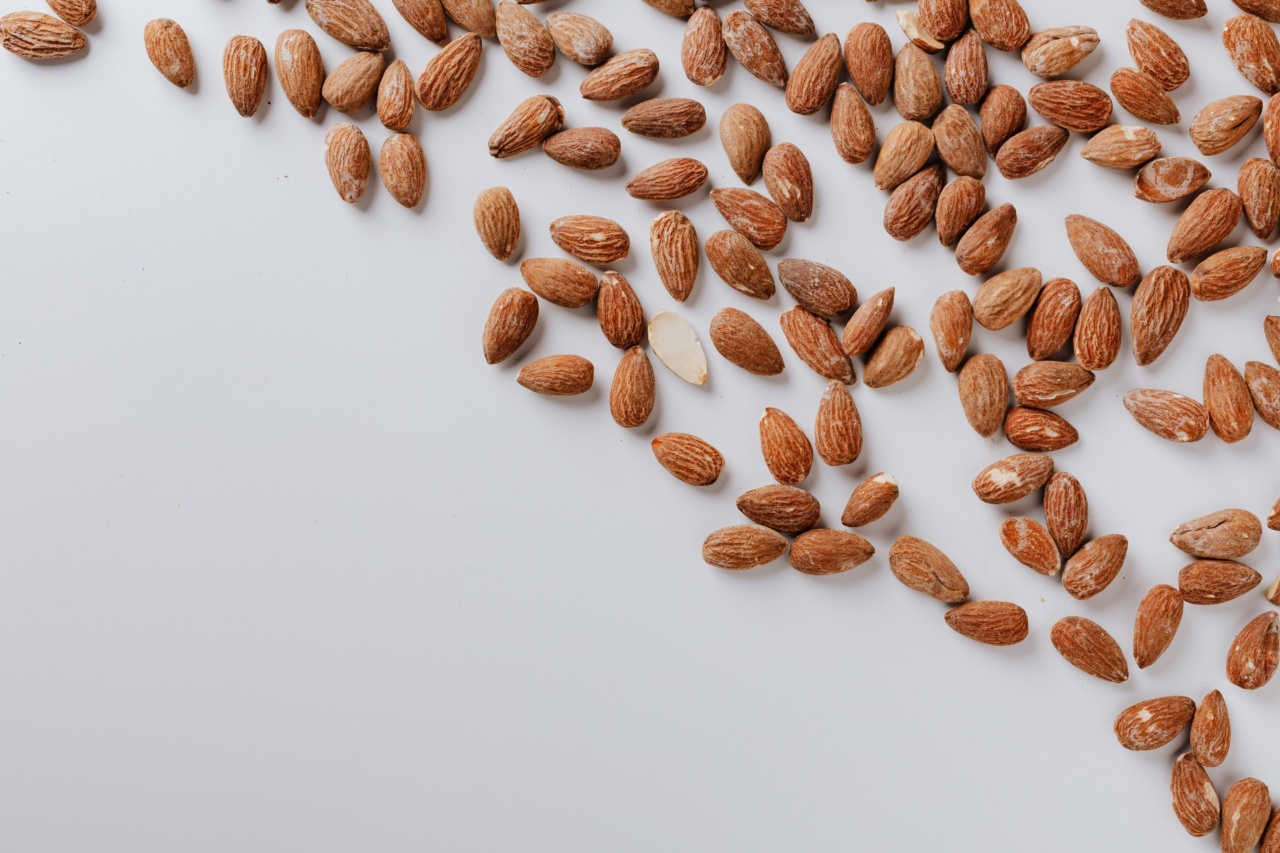Calories are a unit of measurement used to quantify the energy content of food and drinks. They are an essential part of understanding nutrition and maintaining a healthy diet.
Calories play a fundamental role in determining how many nutrients you need to consume to maintain a healthy body weight and to avoid obesity-related diseases. In this article, we explore everything you need to know about calories, from what they are to how they impact your body.
What Are Calories?
A calorie is a unit of energy. Specifically, it describes the amount of energy required to raise one gram of water by one degree Celsius at a standard pressure level.
Calories are used to measure the energy content of food and drinks that we consume daily. They are essential for our bodies as we require calories to complete daily tasks like breathing, walking, and working.
How Are Calories Measured?
The calorie content of food and drink is measured using a device called a calorimeter, which calculates the energy required to burn the food or drink completely. This energy is expressed in calories.
One calorie is equal to 4.18 joules of energy. When it comes to food, calories may be listed on food labels or calculated using nutrition databases.
These calories reflect the total energy content of a specific food, including carbohydrates, protein, fat, and alcohol.
The Relationship Between Calories and Weight Gain/Loss
Calories play a significant role in weight management. When you consume an excessive amount of calories, your body stores the extra energy as fat, which can lead to weight gain.
On the other hand, if you consume fewer calories than your body needs, you will lose weight. The basic principle of weight management is about balancing the number of calories you consume with the number of calories your body needs.
The Role of Calories in Your Daily Diet
The number of calories you need each day depends on various factors such as age, gender, height, weight, and activity level. Generally, women need up to 2000 calories per day, while men need up to 2500 calories per day to maintain a healthy body weight.
However, this estimation may vary depending on individual circumstances.
Calories are essential for your body to complete daily activities. You should aim to consume a variety of nutrient-dense foods from all the food groups to meet your daily calorie requirement.
Consuming nutrient-dense foods provides your body with the necessary energy and essential nutrients it needs to function optimally.
Burning Calories: How Exercise Affects Calorie Consumption
Exercise impacts how many calories you burn each day. Physical activity requires energy, and the more intense the activity, the more energy your body will require.
When you exercise, you burn calories and increase your body’s expenditure, which can aid weight loss.
The number of calories you burn during exercise depends on the type of activity and your body composition. Factors such as weight, age, and muscle mass influence the number of calories you burn.
Caloric Intake and Nutrient Density
The types of food you consume are essential when it comes to meeting your daily caloric requirement.
Consuming nutrient-dense foods that are high in fiber, vitamins, and minerals provide your body with the necessary energy it needs to function efficiently. Nutrient-dense foods include fruits, vegetables, whole grains, fish, poultry, and lean meats.
In contrast, consuming foods that are high in calories, sugar, and unhealthy fats can lead to weight gain and a lack of energy.
Foods like processed snacks, fast foods, cakes, cookies, and other high-calorie foods often contain small amounts of essential nutrients that your body needs to function optimally.
How to Track Your Caloric Intake
There are several ways to track your caloric intake. One common method is to use a food diary or an app that allows you to record your meals and snacks.
By tracking everything you eat and drink, you can ensure that you are within your daily calorie requirement and maintain a healthy weight.
Another way to track your caloric intake is to use a calorie calculator. Several websites offer free calorie calculators that can help you calculate your daily caloric requirement based on your age, gender, height, weight, and activity level.
Conclusion
Calories are a fundamental part of understanding nutrition and maintaining a healthy weight. They play a vital role in providing your body with the energy it needs to complete daily tasks.
To maintain a healthy lifestyle, it’s important to consume a variety of nutrient-dense foods that meet your daily caloric requirement and engage in regular physical activity.






























